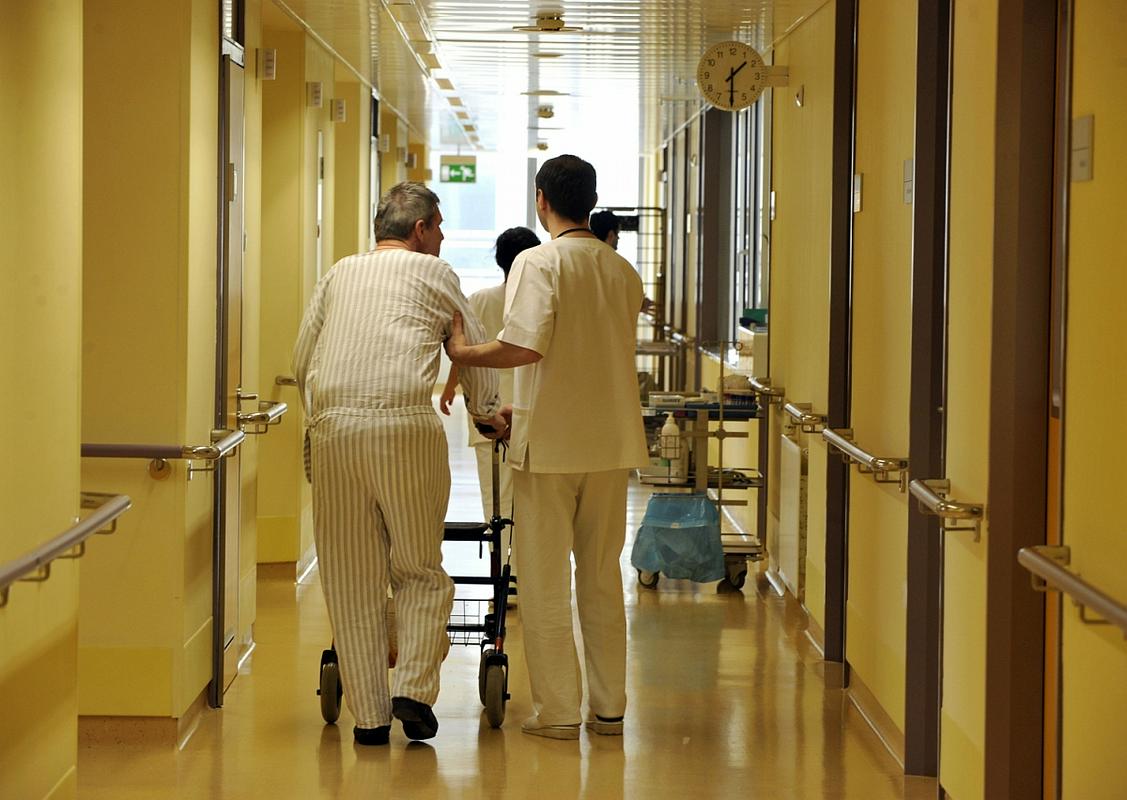
Health care is not free – we all pay compulsory contributions and premiums. While food is under tight control, this is not true for treatment in the Slovenian health care system. There is no systematic and integral gathering of data about its quality, let alone publically available information. Workers in health care say that the ministry and the health fund should mostly be held responsible for this.
The Health Insurance Institute can only take measures with the approval of the ministry, argues its director Samo Fakin, adding that the institute has already suggested introducing deduction from payment if the service provider fails to carry out the treatment according to given standards.
“I’ve tried several times with various ministers, and generally they all said ‘no, no like that, we need to stimulate achieving quality. I personally think it’s beyond crazy to pay extra for a pre-arranged medical service that needs to be carried out according to certain elements of quality,” explains Fakin.
Why then does Slovenia have an information system if the data aren’t being gathered? “Because we have a bad owner of hospitals who doesn’t order this as normal, we have poor supervisors who don’t demand this as a normal part of the business report, and the latter is not required to be published at a web site,” notes the head of the Health Insurance Institute. The Ministry of Health is preparing a new strategy on safety and quality of treatment; the first one was introduced in 2010, points out Bernarda Kociper. In the past, the problem was in unreliable data that could not be compared to one another.
“The main obstacles with reporting are, first and foremost, different and unappropriated IT support as well as clear empowering of partners who would be responsible for gathering all these indicators and all these data being gathered,” stresses Kociper.
One of the new strategy’s planned measures is educating employees in the field of quality control. “It’s also important to include the patients in the decision-making process; we’re going to transform the system for monitoring warnings about dangerous incidents across the country,” adds Kociper. The doctors’ suggestion about establishing some sort of an independent agency for quality in health care, however, is not part of the ministry’s plans.
H. L., Radio Slovenija; translated by K. Z.

































































